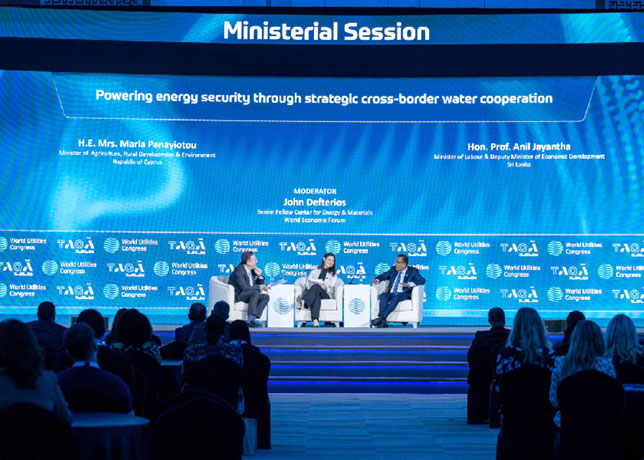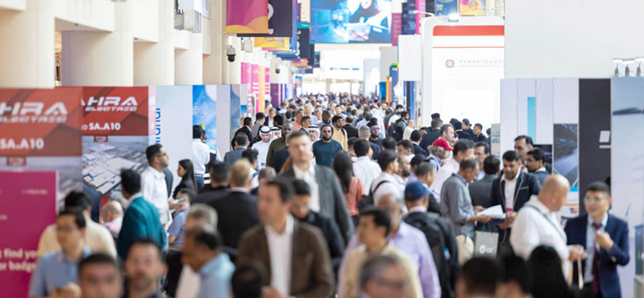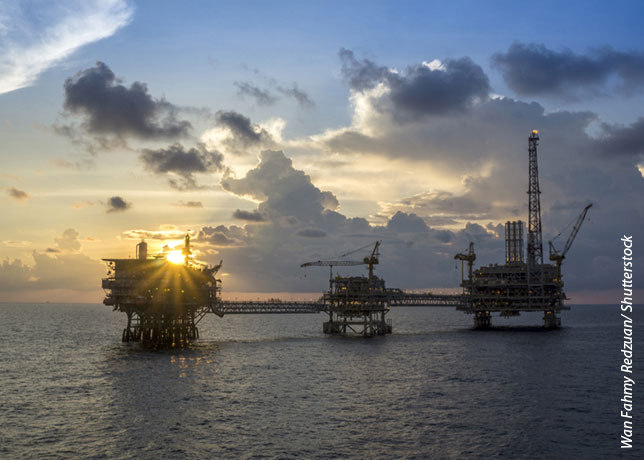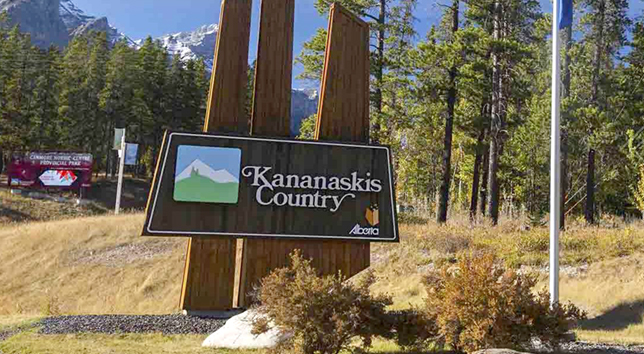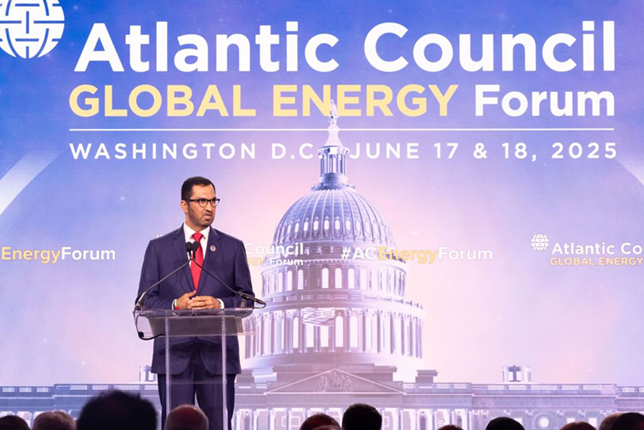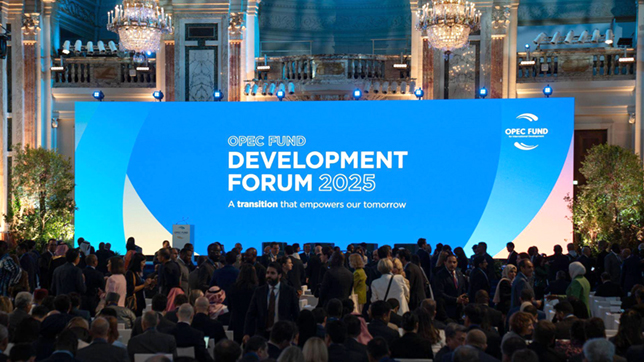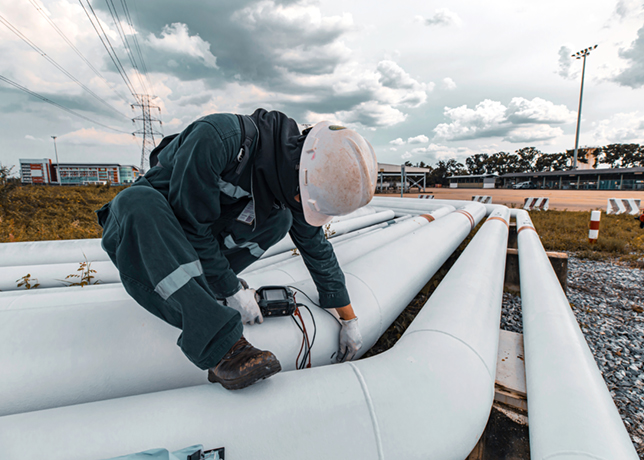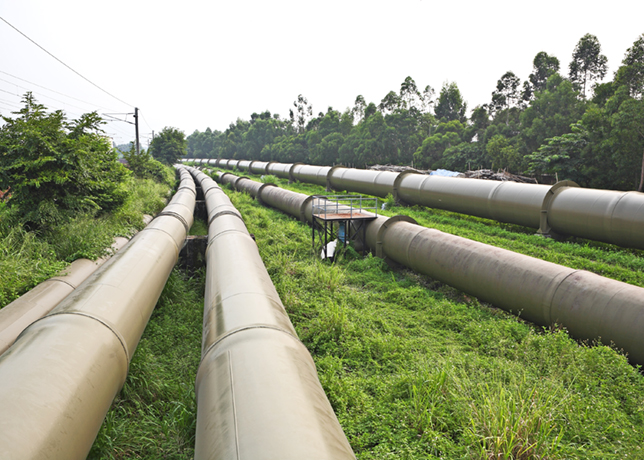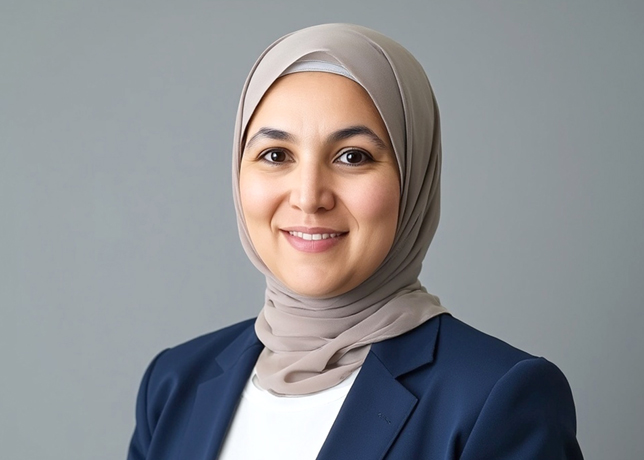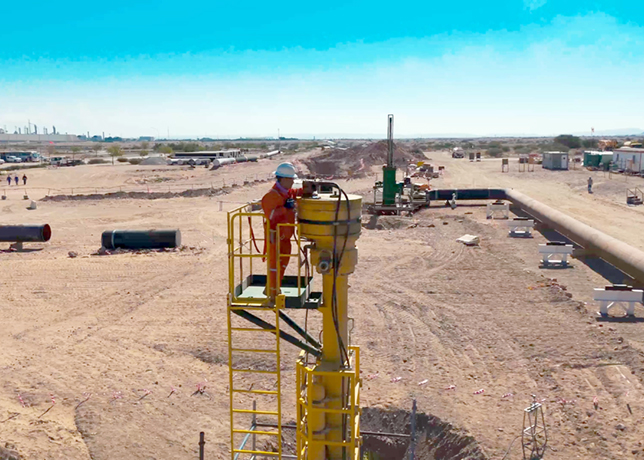

Saudi Arabia invests heavily to avoid the problems of pipeline corrosion that have forced the partial closure of BP’s Alaskan Prudoe Bay field, said a former senior official at state oil company Saudi Aramco.
“In Saudi Arabia we have extremely strict rules about this subject because the volumes are so big and the consequences could be so significant,” Sadad Husseini said.
The kingdom pumps around nine million barrels per day (bpd) of crude, over 10 per cent of global demand of 85 million bpd.
Any field closures in the world’s top crude exporter would send oil prices spiralling even higher than the record highs hit after BP Plc started to shutdown Prudoe Bay, the largest US oilfield.
Husseini said pipeline checks are regular and problems quickly fixed.
“Saudi Arabia spends a lot of money to avoid this problem. It’s always possible to have a small problem here or there, but not on your main backbone pipeline systems,” he said.
“When the pipeline is old you do this at least every two to three years,” Husseini said. “Depending on the condition, you start replacing sections of the pipe that are damaged on a regular basis.”
Major pipelines were examined internally by a device that travels their length sending back data on their condition, he added.
The equipment is known as a pipeline pig in the Western oil industry.
The closure of BP’s Alaskan field has raised the problem of ageing oil infrastructure higher up the global energy agenda as producers struggle to meet booming world demand.










